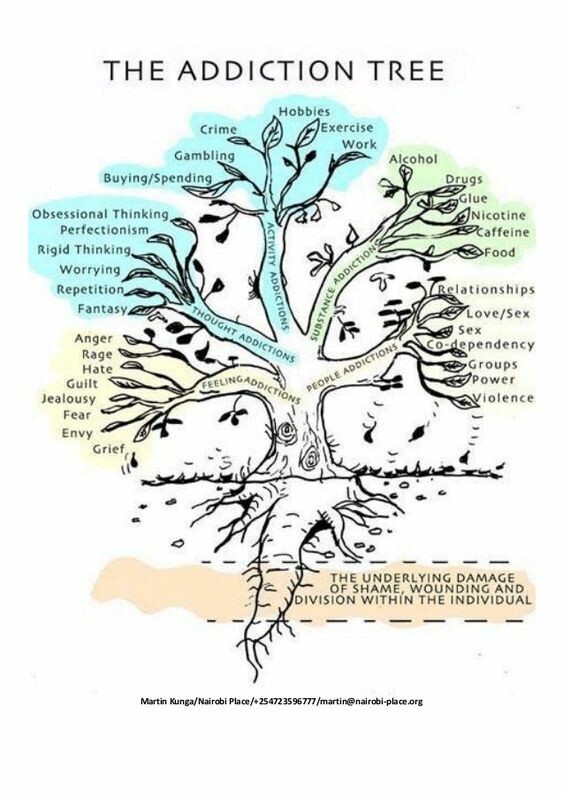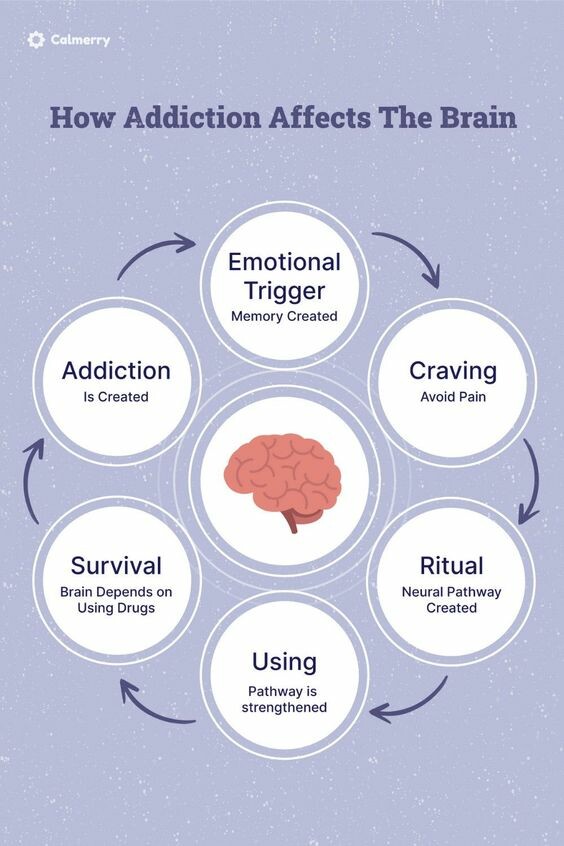Do you have an "Everyday Addiction?"

Do you have an "everyday addiction"?
Let’s think about your day.
How many cups of coffee do you drink? How often do you check your phone? Do you think about your phone several times during the day? Do you drive really fast on the freeway? How many times a day do you look at or post something on social media? Do you love binge-watching Netflix? Do you often eat when you’re not hungry and your mouth waters for a piece of chocolate cake or ice cream?
Do you exercise more than the average person? Do you become anxious if you don’t exercise? Do you love to shop after a stressful day? Does buying something on sale make you feel better? Has anyone said to you, “Please put down your phone while we are eating and talk to us?” If someone has hinted to you that your behavior is odd or troublesome, you may be struggling with an everyday addiction.
Talking about addictions is a bit tricky. Most people think immediately of someone who has an addiction to alcohol, drugs, or gambling. Images of children going hungry, domestic violence, and job loss are often associated with addiction. However, there is a large body of evidence to indicate that these aren’t the only addictions that people struggle with.
Some people experience “soft” addiction. Soft addiction is the repetitive act of doing something that seems harmless (like watching too much television or over-shopping) and can impact our daily lives. The release of dopamine in the pleasure centers of the brain is often created through continued repetition of behavior or thinking. Many of us fall into this category, and we aren’t even aware of the consequences of our addiction. For the most part, we live in complete denial because we don’t fall into the category of what people usually think of as an addiction.

How does soft addiction happen?
For the most part, we don’t acknowledge these behaviors as addictive because they are something that most of us participate in daily. Everyone needs to eat, right? It’s important to answer your phone or return messages for work. Who doesn’t love a huge piece of mouth-watering cheesecake after a tough day? Binge eating when one is not hungry may not be related to the needs of the body but to the needs of the brain.
As human beings, we need to find things that give us pleasure. Dubbed the “pleasure principle,” some substances and behavior activate the release of the neurotransmitter dopamine, which gives our brain a little surge of pleasure and makes us feel good. It feels wonderful to feel good, and we want to feel good more often!
Think of having an excellent meal and feeling full and satisfied. This triggers a release of dopamine in your brain. How about scoring that great 70% off sale on black shoes (although you have 15 pairs already)? That gives us a little thrill as we feel pleasure at our great bargain. Once we identify that shopping, playing video games, checking Facebook, or eating a pie makes us feel better, we often repeat these behaviors.
The cycle works like this: we feel stressed, sad, or down. We think about a quick pick-me-up to make us feel better.
The last time this happened, we may have binge-watched a great Netflix series. One show ends on a bit of a cliffhanger, anxiety builds up, and we begin to think about it obsessively until we give in and continue watching for another 8 hours. Maybe we’ve even decided to miss a day of work because we want to find out what happens at the end of the season. The anxiety decreases, and we feel pleasure because we now know what has happened in the series. It happens.
Why are some people more at risk for this kind of behavior than others?
There are several factors that contribute to addictions in general. These are often related to genetic predispositions (a family trait), living in an environment where the behavior is permitted (your mom loved to shop every Saturday at the mall), trauma (you’ve really been struggling with thinking about that guy who rear-ended your car in the parking lot), or severe stress (your boss is giving you a hard time at work). When people reduce their anxiety and stress through these soft addictions, they tend to begin a pattern of repetition and consequently, people engage more and more in the behavior.
When do you know that you’re in trouble?
If you find yourself continuously thinking about a video game, developing a new love relationship (yes, there is such a thing as “love” addiction), shopping at a furniture sale, or that chocolate cake you had last week, you might be at risk. If you have a fixation, compulsion, or craving for something, then you may be going down that path. When it becomes serious, it will begin to harm your relationships with your friends and family (paying more attention to your phone than to your children when they are trying to play with you). It can also affect your health (watching Netflix or playing video games for 8 hours straight), and for some, it can even affect your work life.

Did any of these areas hit home for you?
Think about the “thing” that you have to have every day. Is it an addiction? Could you go one or two days without doing that thing? Is it preventing you from developing healthy behaviors? Give it a try. Pay attention to your response. Do you feel a craving? Do you say to others, “I need my dose of coffee in the morning?” Do you hide your behavior from others (clothes with tags are stuffed into the bottom of your closet)? Do you need to check your Facebook account several times a day? Pay attention to how you feel once you engage in the behavior. Is there an “ahhhh…..that’s it” kind of response?
What can you do if you’re concerned?
Pay attention to your patterns. When do you shop, drink coffee, or play video games? Is it immediately after a stressful time? Are you putting friendships and other social connections on hold while you are engaging in the behavior? Do you feel anxious or down when you are not doing the behavior?
If you can answer yes to any of these questions, you may benefit from two of our services:
- Understanding Addictions Class
You will learn why addiction happens and how to deal with different types of addictions when you attend this two-hour class. By the end of this course, you will understand the changes you can do to combat your or people in your life’s addictions.
- The next class will start on August 12. Visit our website for more information or to register.
- Counselling Session
You can talk with our therapist about your situation. Our mental health therapists can help you understand your situation better and provide resources to conquer your challenges.
You are welcome to reach out to The Family Centre and seek support through our Therapy and Counselling department.
In the meantime, be aware of how your brain can hijack your behavior! You can develop the ability to re-train your brain. Instead of playing video games for 3 hours, go for a walk first and give yourself limited time gaming. Limit your coffee intake to two cups a day and supplement with herbal tea. Reduce your need for refined sugar and focus on eating fruits and vegetables.
For most of us, we engage in some sort of “soft addiction.” However, if you believe that your behavior is currently interfering in the healthy parts of your life, then it’s time to reach out and ask for support. Learn to create new forms of behavior that will make your brain and you a happy camper.
Read more mental health resources on our blog
